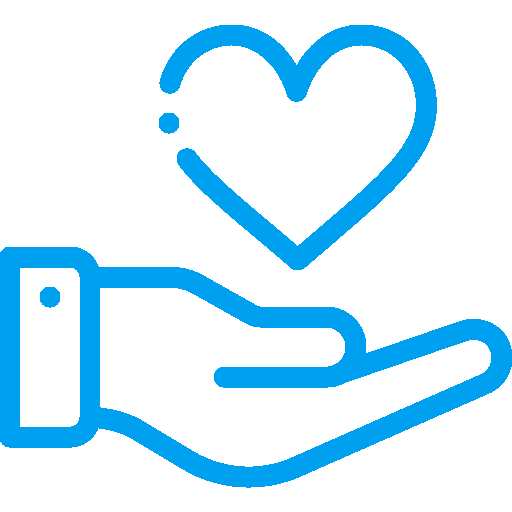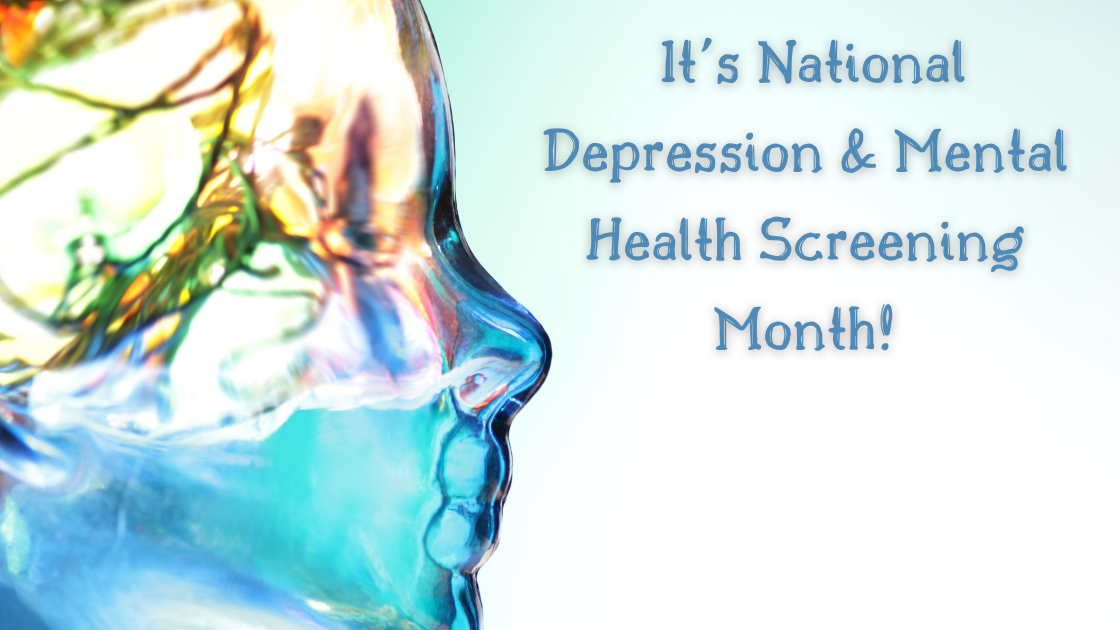Did you know that October is National Depression and Mental Health Screening Month?
Millions of people in the United States are impacted by mental illness every single year, and fortunately, the conversation surrounding mental illness is become more commonplace and less taboo. According to the National Alliance on Mental Illness, 1 in 5 adults in this country experience some form of mental illness each year. Mental disorders can have a major effect on nearly all aspects of an individual’s life; a diagnosis can impact one’s emotional, physical, social, and financial wellbeing. If you suspect that you or someone in your life may be living with a mental illness, recognize that you are never alone and that there is an abundance of resources available. Read on to learn just what a mental health screening entails.
A mental health screening is often referred to as a mental health assessment, a psychological evaluation, or a psychology test. These tests are used to help identify if an individual is living with a mental illness. There are numerous mental illnesses, but you may be familiar with some of the most common ones, such as depression, anxiety, ADHD, PTSD, bipolar disorder, schizophrenia. Eating disorders and substance abuse disorders also fall under the umbrella of a mental illness.
Each mental illness is unique, but some signs that you may have a disorder include extreme sadness, mood swings, lack of energy, and feelings of anger, frustration, or worthlessness. During a mental health screening, your primary care provider may perform a physical exam first and then ask you questions relating to your mood, behavior, and other symptoms. This may be done in the form of a questionnaire as well instead of a spoken conversation. A mental health provider may ask more detailed questions about your mood and emotions to determine if you have a mental illness and begin to develop an effective treatment plan specific to your needs and lifestyle. Remember to be open and honest with your doctor regarding your mental state; honesty is critical in getting the help you need towards recovery.
If you or someone you know has been exhibiting some common symptoms of a mental illness, seek professional guidance for assistance. A mental health screening is usually a simple and risk-free assessment that can open to the door to effective treatment. One of the most serious signs of a mental illness is thoughts or attempts of suicide. If you are having suicidal thoughts, it is important to seek help immediately by confiding in a trusted loved one or calling a suicide hotline such as the National Suicide Prevention Lifeline at 1-800-273-TALK.

Join a Clinical Trial with BTC of New Bedford
BTC of New Bedford is currently enrolling individuals for clinical trials. Learn more today to see if you qualify for enrollment in one of our studies. Your participation in a clinical trial may help pave the way for effective treatment options for current and future generations.

